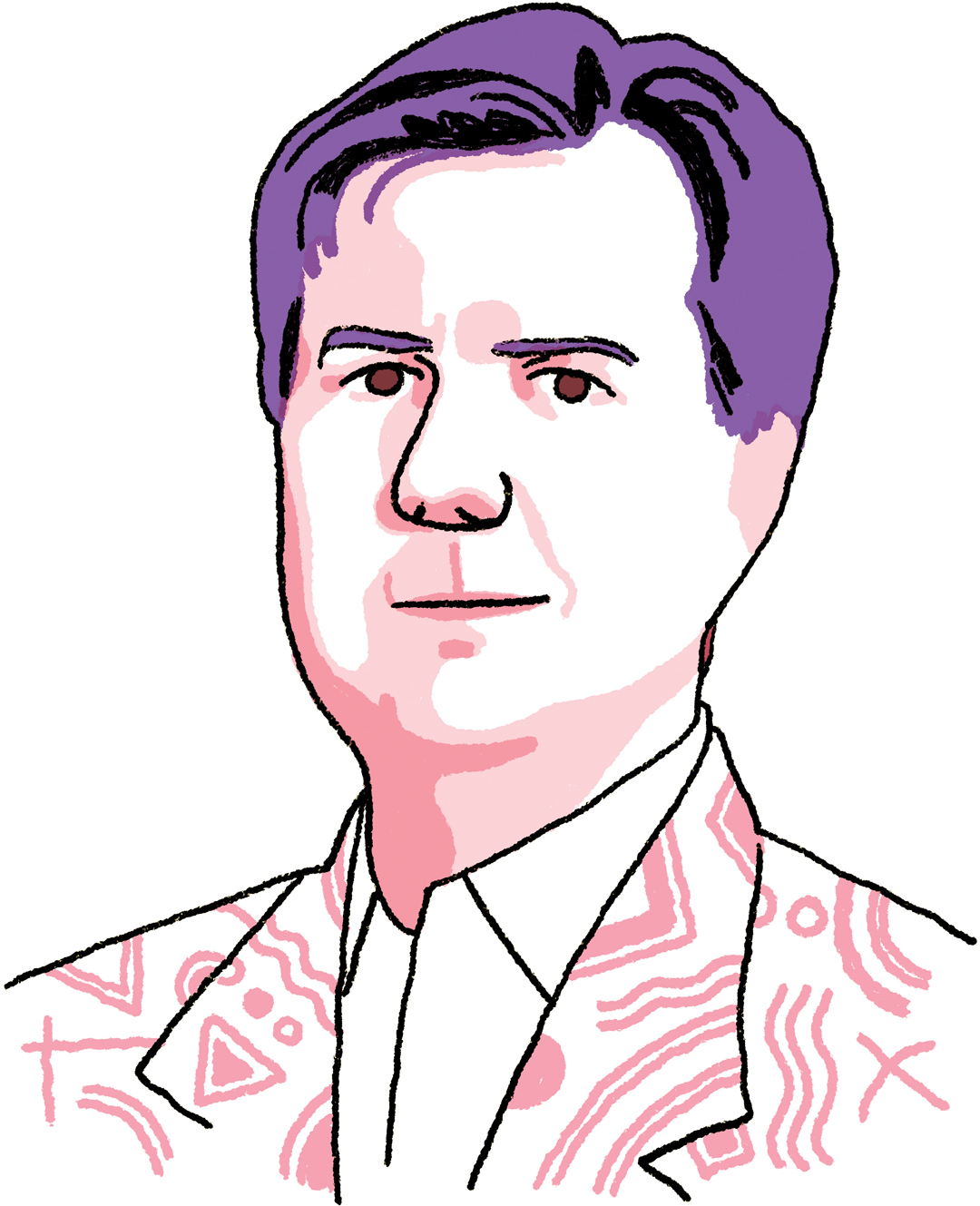TagsCivil RightsLeadership AtlantaMartin Luther KingMartin Luther King Jr.racerace in Atlantaracism
Home Breaking the habit of "white silence"
Let’s Talk About Race: 14 Atlantans on how far we’ve come—and how far we still have to go
Breaking the habit of “white silence”

I grew up in a Florida golf course community and attended what were, essentially, all-white schools. My childhood friends were white. So were my teachers and coaches and family members and pretty much everyone in a position of authority in my life. I learned an unspoken lesson there: We don’t need to talk about race. It’s not our issue. We’re white.
After two decades in Atlanta, I’m convinced that’s wrong.
For the last 10 years, I’ve been working to break the habit of avoiding talks about race. This started with a reflection on what must have been a profoundly understated confession from Dr. Martin Luther King Jr.: “I must confess,” he wrote, “that over the last few years I have been gravely disappointed with the white moderate.” He lamented our “appalling silence,” our “shallow understanding,” and our “lukewarm acceptance.” To what extent, I asked myself in 2008, could I be an intended audience of a 45-year-old letter written within the cramped confines of a Birmingham jail?
I pondered that question during my Leadership Atlanta class year. As the country was on the verge of electing our first black president, and pundits were predicting a new “post-racial” America, 70 of us from diverse backgrounds met, bonded, and got thrown into an intense race awareness program. We had two straightforward tasks: Talk only about our personal experiences of race, and tell the truth. Simple, right? Well, not for me.
I was defensive. I pushed back. I disbelieved. Then, after a while, I shut up.
That’s when the good stuff happened.
For the rest of the two-day program, I listened as my classmates shared stories about ways racism had impacted their lives. Dads described having “the talk” with their sons about surviving a traffic stop. Moms described the sadness of having to prepare their kids for a world in which they see discrimination persist. Classmates told story after story about how various aspects of their lives are shaped by perceptions of race. As I heard these stories from people I knew and trusted, something began to sink in. All the people of color in the room—each one an accomplished leader—could point to times when they had been marginalized or disadvantaged or mistreated specifically because of their race. I couldn’t do that.
I spent the rest of that year inviting classmates to get together and share more of their stories. They were generous with their time, and patient with my naiveté. They told me how they think consciously about race and develop strategies around race to get by. The game of racial chess and accommodation became almost second nature, many explained, on their paths to success. I realized that I don’t have to play that game. I don’t have to know or think much about race to succeed. And, as I learned in my childhood home, I don’t have to say anything about race if I don’t want to. That’s a privilege of American whiteness.
“Race isn’t other people’s issue. It’s all of ours.”
Having real conversations about race can be a tricky thing for us white folks. Most of us are not accustomed to doing it and not proficient at doing it well. We don’t want to sound stupid, use the wrong words, or offend. But we need to try.
I’ve learned this from a group of trusted friends. We meet every month for breakfast. They check me, correct me, support me. With them, I’ve learned that we can talk honestly about race only when we start by listening to the experiences of others; that we need to reject the feel-good fiction that ours is a colorblind world; that we need to talk openly about racism. When we do, those of us who are white should start by thinking about ourselves and what whiteness means in America. Race isn’t other people’s issue. It’s all of ours.
Four days before he was assassinated, Dr. King delivered his last Sunday sermon from a pulpit in our nation’s capital. “It’s an unhappy truth,” he preached, “that racism is a way of life for the vast majority of white Americans, spoken and unspoken, acknowledged and denied, subtle and sometimes not so subtle. The disease of racism permeates and poisons a whole body politic. And I can see nothing more urgent than for America to work passionately and unrelentingly to get rid of the disease of racism.” Fifty years have passed since Dr. King was taken from us. We’re still looking for the cure.
The words of Dr. King have been both a comfort and a challenge to me during the last 10 years. I return time and again to the powerful speech he gave the night before his death. One line seems particularly relevant now: “Let us move on in these powerful days, these days of challenge, to make America what it ought to be.”
His wasn’t a call to look backwards with nostalgia for a time of American greatness. Dr. King invited us to move forward together, despite our challenges, to achieve the American promise.
For me, moving forward starts with breaking the habit of white silence and trying to work for better racial understanding. It means listening closely to people of color when they’re willing to share their experiences. It means talking honestly about race at home with my wife and kids. It means building relationships in this great city, one conversation at a time.
Chris Marquardt is a partner at an Atlanta law firm. He lives in Decatur with his wife and four children.





![The North Carolina Museum of Natural Sciences’ newest exhibit is a [pre]historic first](https://cdn2.atlantamagazine.com/wp-content/uploads/sites/4/2024/04/DD-3-100x70.jpg)



